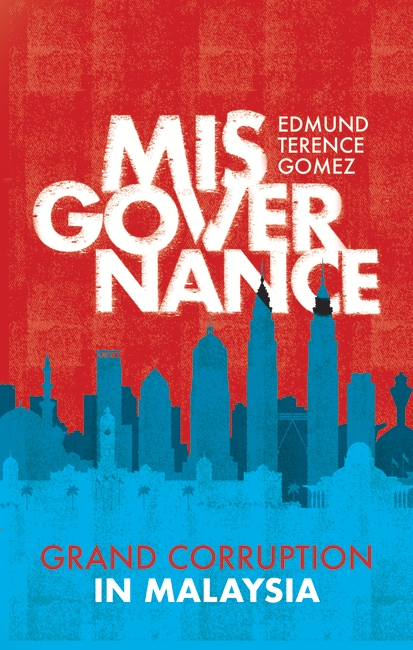
This book unveils covert and deeply disturbing political-economic trends in Malaysia, necessitating an urgent re-think of the meaning of ‘corruption’. On offer is insights into the extensive abuse of power by governing elites who control government-linked companies (GLCs), contributing to grand corruption in numerous forms, including cronyism, collusion, selective patronage, embezzlement, and nepotism. An analysis of a lengthy list of controversial government-business controversies between 1980 and 2023 indicates the presence of a covert and extremely powerful ‘Political-GLC complex’ controlled ultimately by the Cabinet. This long list controversies, along with three case studies, provides insights into the intimate and illicit connections between governing elites and the businesses under their control.
From this book’s insights into the inner workings of Malaysia’s monstrously vast GLC ecosystem, one riddled with graft and political abuse, three major paradoxes emerge. First, what is in place is a deeply corrupted GLC ecosystem that can function legitimately. Second, the persistent rhetoric of government leaders has been of the need to tackle endemic corruption, a palatable statement for a nation deeply distressed about this debilitating problem. However, no politician, whether in government or in opposition, has called for the restructuring of this GLC ecosystem. Third, power is overwhelmingly concentrated in the Cabinet which controls an ecosystem whose misuse can have major economic and political ramifications. Yet, legal avenues to curb misgovernance by ministers are inadequate.
Published: Nov/2024
ISBN: 9789815233919
Length: 224 Pages